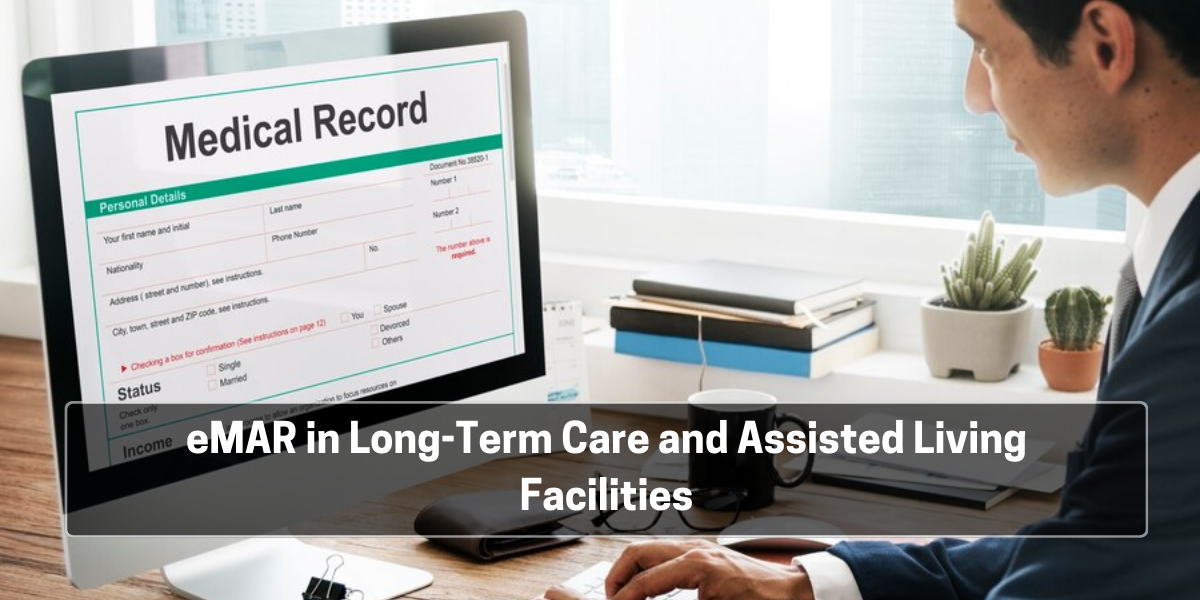Electronic medication administration record (eMAR) systems greatly benefit care facilities, particularly in long-term care and assisted living environments. These systems play a crucial role in ensuring adherence to proper medication administration routines. Also, they enhance the accessibility of patient information and foster collaboration among medical professionals. Below, we explore the key advantages of eMAR systems in long-term assisted care settings.
- Accuracy and error reduction:
Traditional paper-based medication records often have significant errors. In contrast, eMAR systems replace these with electronic documentation. It helps caregivers match medications to the correct patient swiftly. They receive updates on dosage, administration routes, and schedules in real time. The automated digital records significantly reduce the risk of mixing up medications or administering incorrect doses, leading to improved patient outcomes.
- Improved efficiency and time savings:
eMAR systems automate medication administration. Caregivers can access patient files on the system, obtaining comprehensive information about prescribed medications, schedules, and more with ease. This convenience allows care staff to allocate more time to direct patient care, reducing the need for paperwork.
- Real-time access to patient information:
eMAR systems update data in real time. Any change in a patient’s prescription or medication routine immediately appears on their eMAR profile. This lets caregivers see these updates instantly. This capability promotes necessary adjustments in medication administration, promotes quick decision-making during emergencies, and significantly impacts patient safety. Real-time updates also enable patients to receive their prescribed treatment without delays—something not possible with the traditional manual documentation process, which could take days to update a prescription.
- Compliance and accountability:
Long-term care facilities must adhere to a broad spectrum of regulations and industry standards. eMAR systems provide accurate medication administration reporting, crucial for regulatory compliance. They can generate audit trails and ensure that caregivers follow the prescriptions when administering drugs to each patient. The adoption of eMAR systems not only aids in regulatory compliance but also enhances patient safety.
Many long-term care and assisted living facilities in the UK are using Electronic Medication Administration Records (eMAR) and Electronic Medical Records (EMR) to improve the quality of care. To know more on how different types of EMR systems are transforming the healthcare industry, check this useful read.







